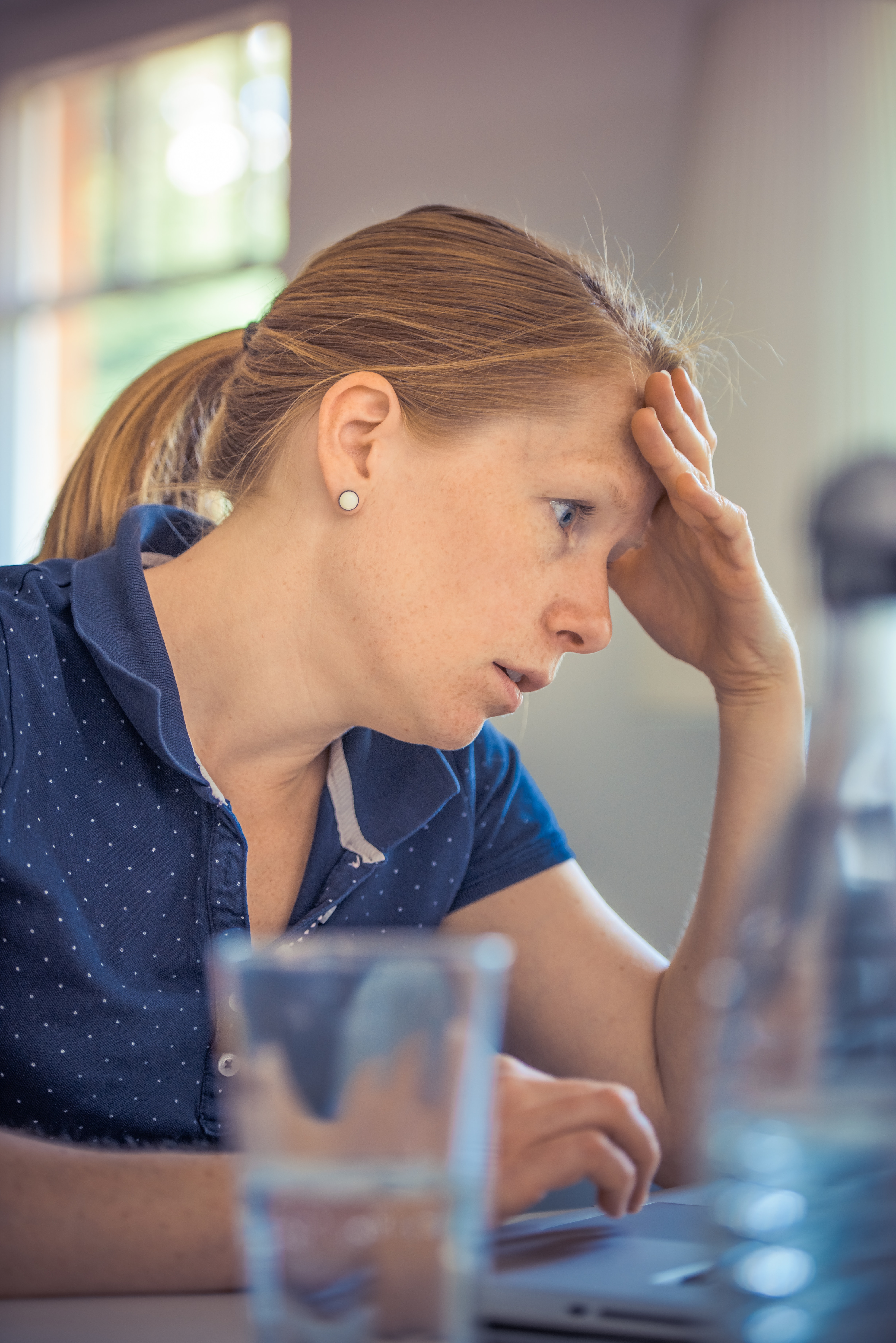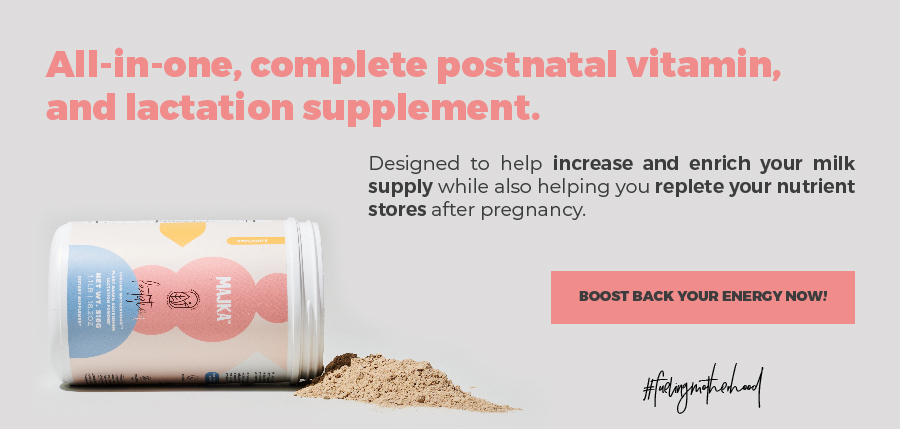
Becoming a parent is followed by a large sense of responsibility, and it is natural to feel worried. The issue is when you can´t turn these worries off.
In this article we will talk about parental anxiety, what it means, and ways to overcome it so you can enjoy this journey of taking care of a child.
What is Parental Anxiety?
Parental anxiety is the anxious feeling that a person experiences related to the responsibilities of being a parent. Direct parents can experience this, but it can also happen to caregivers.
Is it normal to be anxious about being a parent?
Anxiety isn’t a bad thing, as it is a natural response to stress. This helps us to adapt to different challenges and protect us from potential threats. It’s nature is to keep us, and the people around us, safe.
The problem begins when a persistent level of anxiety is present and has a negative impact on our day-to-day life. In this case, we may be talking about an anxiety disorder.
It is normal to worry about your baby’s safety. In fact, what isn’t normal is a lack of concern for your child’s safety. Even so, it’s not healthy to feel fear of something bad happening to your child more often than not.
We understand that becoming a parent, especially a new one, brings a lot of challenges and responsibility.
Nowadays we have unlimited access to information about parenthood, which can instill extra worry. This judgment is not necessary, because everyone learns to be a parent as they live it (even if they have read a thousand books about it).
You are learning to adapt to this new life and it is normal to feel anxious about it, but it doesn’t mean that you have to do a perfect job or that you can’t enjoy it and take it a bit easier.
How to know if you have Parental Anxiety
If you are a parent or a caregiver and you are: having persistent thoughts of worse-case scenarios regarding your baby, avoiding putting your child in safe situations because you fear the outcomes, you are constantly talking about your parenthood worries and stress to other people, etc. It is likely that you are experiencing a non healthy parental anxiety.
Parental anxiety may also involve symptoms such as:
- Fear of other´s thoughts about your parenting skills
- Constant fear of your child getting hurt
- Constant tension and poor concentration
If this is your case, talk to a mental health professional to make sure that you aren’t developing an anxiety disorder. He/she can guide you on the proper treatment regarding your specific case.
An anxiety disorder isn’t a matter of “mood” or “attitude”, but rather a medical condition containing different types with alternatives of treatments for each of them.
Can parental anxiety affect my child?
An important thing to mention is that if you are constantly worrying about your parental responsibilities, your child will feel it.
Having parental anxiety can increase the risk of your baby developing childhood anxiety . Your child may learn to be afraid constantly and not want to separate from you. They can develop extreme fears, which can cause them to avoid people and situations such as new challenges.
This childhood anxiety can be accompanied by physical symptoms such as trouble breathing, shakes and sweating, etc. This makes it difficult for them to enjoy day-to-day activities.
How to deal with Parental Anxiety
It’s important to ensure that you are not dealing with an anxiety disorder of any kind, because a medical condition requires professional treatment (psychotherapy and/or medications).
Parental anxiety is something you may have all of your life, even when your baby is older. You may move to other worries about him/her, such as: whether he/she is doing well in school, is sick, has problems with their friends, etc.
Below are recommendations that may help you enjoy parenthood more and worry a bit less:
- Add time to enjoy yourself and your family: playing, listening to music, or enjoying a good time in the backyard can be a great break from responsibilities.
- Maintain healthy habits: exercise, sleep, and a healthy diet are a great way to get rid of anxiety.
- Avoid passing your fears to your child. If something scares you personally, your partner can be a great balance to avoid instilling fear.
- Try introducing relaxing techniques to your routine, such as: yoga, meditation, and breathing exercises.
Always communicate with your healthcare provider and be completely honest about what you are going through to get the help you need.
Start by being kind to yourself and to your partner. You are both on this journey together, and each person has their own way to cope with life. Remember that you are a team and the goal is to maintain a happy and healthy family.
In Breastfeeding 101 we hope this information helps you understand what parental anxiety is, what it means, and how you can deal with it.
We would love to invite you to follow all of our content, as we do have more information regarding this topic.
Here we share with you some of the sources that made this article possible:
- Anxiety disorders in children and adolescents: Need for early detection I National Library of Medicine
- Parental anxiety I Parenting Research Centre
- Parental Anxiety and Child Symptomatology: An Examination of Additive and
- Interactive Effects of Parent Psychopathology I National Library of Medicine
- Parental Anxiety Disorders, Child Anxiety Disorders, and the Perceived Parent–Child
- Relationship in an Australian High-Risk Sample I ResearchGate
- Parenting and childhood anxiety: theory, empirical findings, and future directions I National Library of Medicine
- Parental responsibility beliefs: associations with parental anxiety and behaviors in the context of childhood anxiety disorders I National Library of Medicine
- Reducing parental anxiety using a family based intervention for youth mental health: A randomized controlled trial I Scientific Research
- The impact of treating parental anxiety on children’s mental health: An empty systematic review I ScienceDirect
- THE RELATIONSHIP BETWEEN PARENTAL ANXIETY, CHILD’S BEHAVIORAL INHIBITION AND CHILD ANXIETY I Southeast Asia Early Childhood Journal
Avery Reckers






